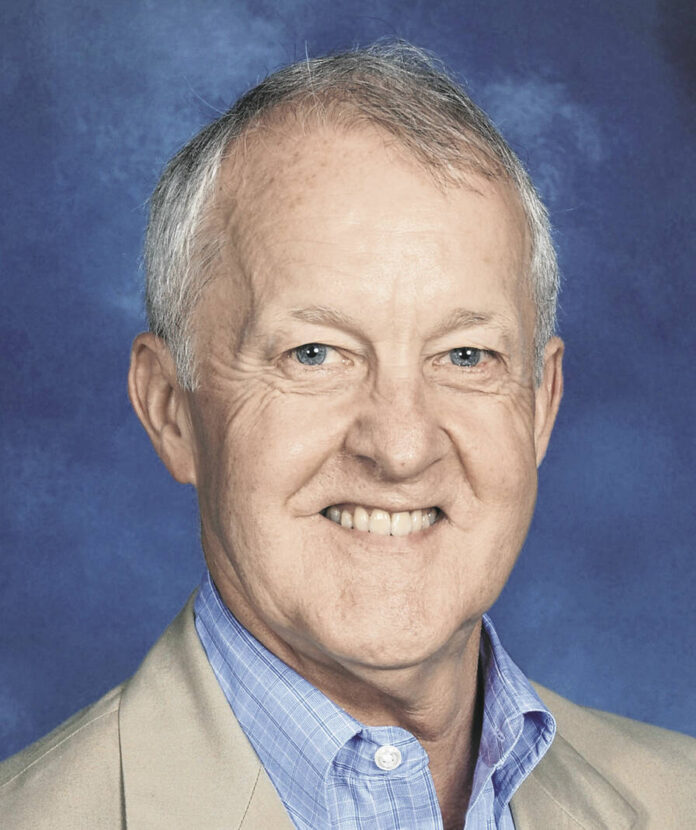I felt a nostalgic, tugging sadness last week when I learned the Queen of England had left this terrestrial realm for a celestial one. Since just after I was born, Elizabeth II had reigned over “ this blessed plot, this realm,” I knew as Great Britain. Although I was born in the United States I have always felt a special kinship with England—a “special relationship” as Winston Churchill put it, referring to the enduring bond between the two countries.
In the history books, I learned “British Empire” was sometimes used to describe not only the Islands of Great Britain but the sprawling, scattered collection of nations and territories that over the centuries England had come to dominate. These lands included, of course, the American Colonies. Perhaps that early study of American history is one reason England took such a prominent position on the world history timeline in my head.
I studied elementary school history books, and I read the fictional accounts of Johnny Tremain by Ester Forbes and April Morning by Howard Fast. I could feel the hot furnace in Paul Revere’s silversmith shop. I could see the low stone walls along the road that lead to Concord and the beginning of the war to liberate us colonists from British rule. I was right there. As I grew older I understood the Empire even then was on the road to evolving into a Commonwealth. I also must have internalized that although we once fought the British, we were now allies. As much as two independent countries can ever be thought of in such a human way, England is our friend.
Even before I was reading those young adult books, I was pasting picture stamps into a book my mom had brought home for me, England by E. John Long. This was the National Geographic book where I learned the new Queen’s children were close to my age. Why, Charles was not quite three years older than me while Anne and I were but a year apart. We could be playmates.
And then, around a decade later, The Beatles exploded into my world. I learned of the port city of Liverpool and tried to mimic British accents and figure out guitar chords so I could mimic British pop songs. My special relationship with England continues to this day, and I am continuing to learn.
Even the titles applied to Queen Elizabeth II are lessons in history and politics. When she became Queen in 1953 her title in most of the Commonwealth was: “Queen Elizabeth the Second, by the grace of God Queen of this Realm and of Her other Realms and Territories, Head of the Commonwealth, Defender of the Faith.” Not long after, to satisfy the individual Commonwealth realms, separate but similar titles were created.
Scotland, however, had a problem—not with her title but with her name. In the late 1500s and early 1600s, during the reign of Queen Elizabeth I, Scotland was an independent country. Therefore say the Scots, the title Elizabeth II is not accurate. Technically, The recently deceased Queen was Elizabeth I in Scotland. Some took enough offense that when Elizabeth II first became Queen, mailboxes with “II” after her name were vandalized. The problem was eventually worked out. Royal succession can get a bit complicated.
More and more these days I appreciate the tried and true, the familiar. Queen Elizabeth II was a stable image in a quite often unstable world. She wasn’t a politician so she didn’t have to make choices that might upset people. She didn’t have to pander. She could do what she thought was right. She could do what some would say is an old-fashioned concept: She did her duty.
Here’s hoping her son and successor, King Charles III will continue this quiet and caring legacy. God save the King.
Norman Knight, a retired Clark-Pleasant Middle School teacher, writes this weekly column for the Daily Journal. Send comments to [email protected].




